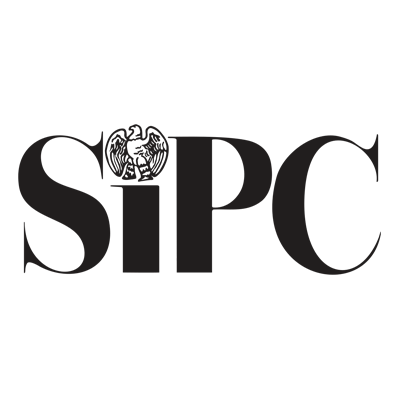Description
Securities Investor Protection Corporation (SIPC) is a federally mandated, non-profit, member-funded, United States corporation created under the Securities Investor Protection Act (SIPA) of 1970 that mandates membership of most US-registered broker-dealers. Although created by federal legislation and overseen by the Securities and Exchange Commission, the SIPC is neither a government agency nor a regulator of broker-dealers. The purpose of the SIPC is to expedite the recovery and return of missing customer cash and assets during the liquidation of a failed investment firm.
Functions
The SIPC serves two primary roles in the event that a broker-dealer fails. First, the SIPC acts to organize the distribution of customer cash and securities to investors. Second, to the extent a customer's cash and/or securities are unavailable, the SIPC can pay the customer (via its trustee) up to $500,000 for missing equity, including up to $250,000 for missing cash. In most cases where a brokerage firm has failed or is on the brink of failure, SIPC first seeks to transfer customer accounts to another brokerage firm. Should that process fail, the insolvent firm will be liquidated. In order to state a claim, the investor is required to show that their economic loss arose because of the insolvency of their broker-dealer and not because of fraud, misrepresentation, or bad investment decisions. In certain circumstances, securities or cash may not exist in full based upon a customer's statement. In this case, protection is also extended to investors whose "securities may have been lost, improperly hypothecated, misappropriated, never purchased, or even stolen".
While customers' cash and most types of securities - such as notes, stocks, bonds and certificates of deposit - are protected, other items such as commodity or futures contracts are not covered. Investment contracts, certificates of interest, participations in profit-sharing agreements, and oil, gas, or mineral royalties or leases are not covered unless registered with the Securities and Exchange Commission.























